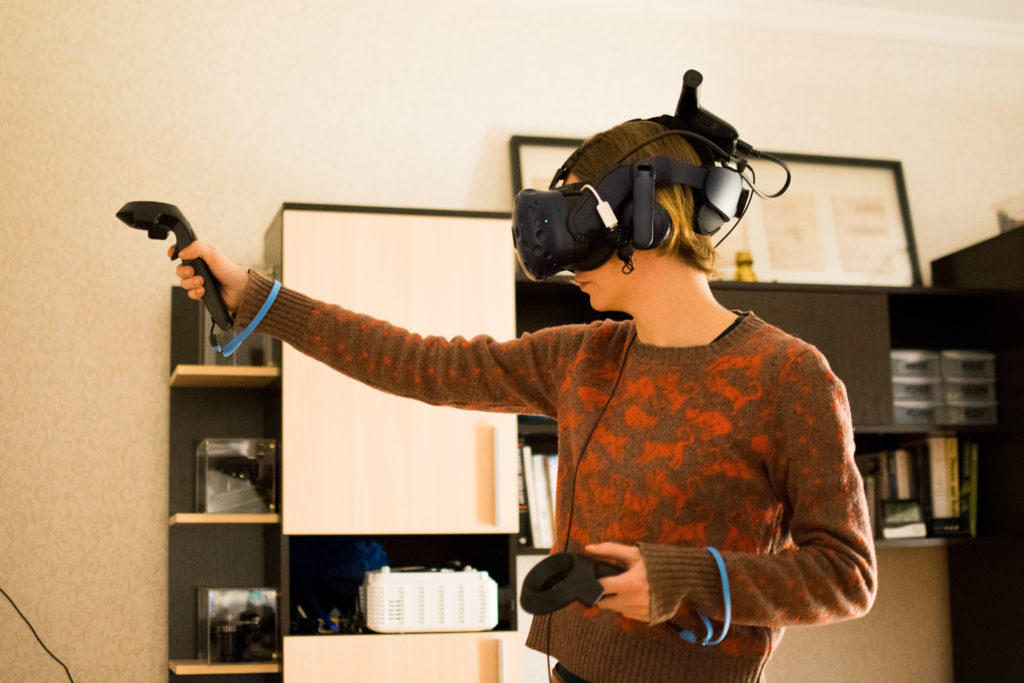
The Moscow-based virtual reality laboratory aims to provide a platform for microsociological investigations of interactions in and around virtual, mixed and alternative reality.
Erving Goffman once circumscribed the locus for microsociological study by the term ‘social situation’, i.e. “the full physical arena in which persons present are in sight and sound of one another” (Forms of Talk, 1986, pp. 145). Social interaction was the thing that happened within physically bounded space. Though this definition was a useful shorthand at the time, technologies like the smartphone and the internet have complicated things. Today, we are in the digital presence of people who are continents apart. We are no longer always present with our full bodies: sometimes it’s our voice that exists in another interactive space; at other times, it’s our eyes or our ability to make text appear on screens thousands of miles away.
In all of those cases, human social interaction is still occurring. As humans, we are marvelously adept at using the tools within our grasp for communication and interaction, no matter how limited or technologically mediated these tools may be. The emergence of virtual reality represents an especially technologically mediated space of human social interaction, as it is designed to maximally ‘detach’ physical from virtual space. Our goal is to develop, test and apply the rich microsociological tradition to this particular case.
Our lab has access to a state-of-the-art virtual reality headset and is always looking for researchers who would be willing to collaborate on various VR-related projects. Participation can come in the form of access to the virtual reality headset, recorded video-audio data or theoretical/methodological exchanges.
This website will be regularly updated as the project progresses. For details, head over to the specific site sections using the menu at the top of the site.
The project is supported by a research grant of the Moscow School of Social and Economic Sciences.